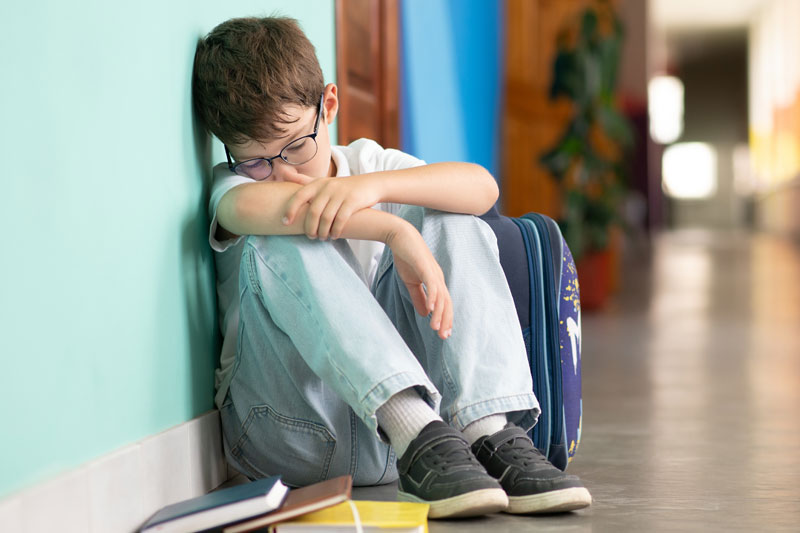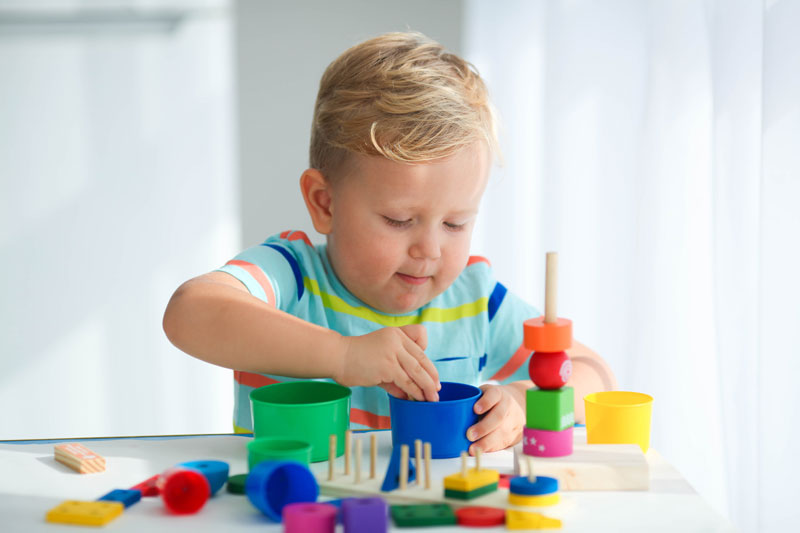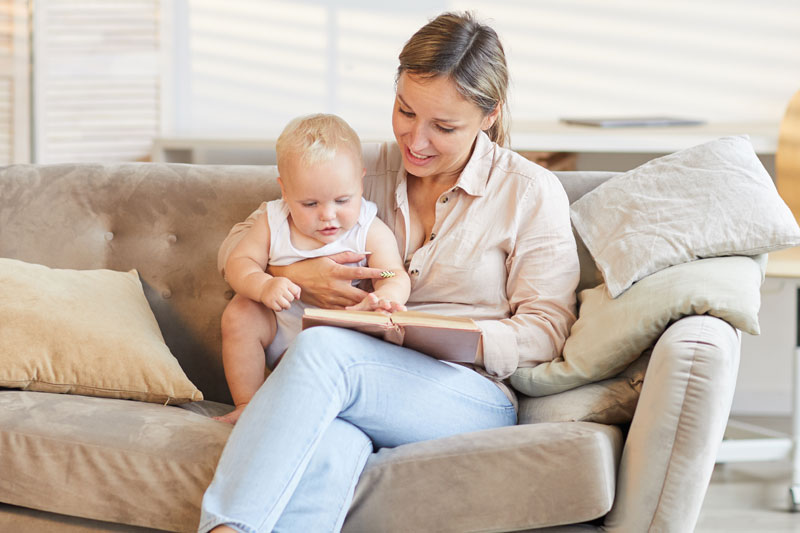Bad Parenting Signs You May Not Realize: How to Change It?

“Am I a bad parent?” It’s a common question among parents, especially if you are new parents. However, describing bad parenting is not as simple as allowing TV during mealtime or working on weekends, for example. It brings real damage to children, but you can learn to reduce and eliminate it, improving your parenting style.
What Really Defines “Bad Parenting”?
Bad parenting is not limited to an occasional angry rebuke or failing to fulfill a promise, such as a toy or a weekend outing. The term itself is quite loaded, but the definition is clear based on its impact.
Professionals usually define a parenting style as bad if it brings genuine harm and long-term negative impact on children. Sometimes, the damage is so severe that both the children and parents need professional support.
Bad parenting is also not a fatal thing. Parents might have adopted such a parenting style from their traumatic past or their own parents’ behaviors. However, there are professionals ready to help parents relearn these lessons and gradually adjust their parenting style.
Subtle Traits of Bad Parenting

Physical, verbal, and sexual abuses are clear-cut cases of bad parenting, of course. However, there are other subtler signs you probably don’t realize until they impact your children. Here are some examples:
Shaming Children
Shaming children robs them of dignity, making them feel unsafe and eroding their trust in you as a parent. Some parents probably think that children will “learn” when they publicly shame them. However, this will only fuel resentment and not work well in fixing the supposed negative behaviors.
Intimidation-based Discipline
Even a gentle parenting style requires discipline, which is a good thing! However, many parents confuse disciplining children with intimidating them. For example, instead of teaching kids about good behaviors and explaining the reasons, parents may use threats like, “I will send you to the orphanage,” or “I will spank you if you don’t stop it.”
Intimidation and threats will make children either feel unsafe or become rebellious. They will also stop drawing comfort and safety from their parents. Children may also grow distant and even keep secrets because they distrust their parents.
Robbing Children of Emotional Support
This is something insidious that many parents may be guilty of doing. They refuse to provide children with emotional support, especially during difficult times. For example, when a child receives a low mark in the exam, some parents react by berating them. They have low regard for the children’s feelings (being upset, disappointed, feeling like a failure).
Dismissing Negative Feelings
A child can be sad, grieving, or afraid, and they usually turn to parents or other trusted figures for support. Some parents may react by dismissing them, telling them to “man up”, “be strong”, or not making the adults upset.
Too Much of Too Little Involvement
These are two very familiar extremes. One is associated with “helicopter parents,” who hover around their children and do not allow them to be independent. The opposite is parents who are distant and uninvolved in their children’s activities, such as school, study, sports, leisure, and daily life.
Disrespecting Boundaries
Many parents, thinking of themselves as people with more authority at home, may disrespect children’s boundaries without realizing it. They may force kids to receive hugs or kisses despite discomfort, barge into the kid’s bedroom without knocking, or share their secrets or humiliating photos and videos with strangers just because it’s “cute.”
Unhealthy Problem-Solving Methods
Bad parenting can also manifest in parents who instill bad problem-solving methods. For example, they may teach sad or grieving children to just swallow their emotions instead of talking about them.
Expressing Favoritism
Often happens in households with multiple children, some parents may express their favoritism in subtle ways. For example, they may be more inclined to give one sibling the benefit of the doubt compared to the other. They may also defend one sibling more, even when the sibling is clearly the one in the wrong.
Negative Impacts of Bad Parenting

Bad parenting can result in a myriad of problems for a child as they grow up. They may even carry the impact into their adult life, resulting in bad emotional self-regulation, trauma, and other negative effects.
Here are some of the most common negative impacts that occur when things aren’t done correctly.
Creating the Circle of Bullying
Children raised with hostile parenting have a greater risk of plunging into bullying. They may try to fill the emptiness, cope with distress, or develop a skewed view of love and acceptance. It will make it easier for children to be bullies or become victims of bullying.
Finally, a study conducted in 2021 reported the possible link between harsh parenting and bullying. Children who receive harsh, hostile parenting at home risk being bully targets, bully perpetrators, or both. This is because they never learn about appropriate emotional, verbal, and behavioral responses.
Academic Impact
Children who experience harsh parenting may suffer in their academic performance. The constant stress, anxiety, or feeling of neglect could present challenges for them to study and focus. They may also experience difficulties in executing problem-solving methods required to achieve study goals, such as exams and practice.
Poor Social Skills
Harsh or harmful parenting may impact a child’s social skills. They may have poor emotional responses toward the words and behaviors of their peers. If parents instill shame and distrust in their children, they may struggle to form meaningful connections with others. They may also lash out at others or be withdrawn.
Good parenting moments allow parents to instill positive behaviors and social skills in their children. If these are neglected, children will have difficulties navigating real life once they step outside the home environment.
Poor Judgment and Self-destructive Behaviors
Children raised by bad parenting may develop a tendency toward self-destructive behaviors. They may get involved in reckless behaviors, become delinquent, and even develop more severe conditions, like self-harming.
How Parents Can Change for the Better

Are there any ways to undo the damage caused by harsh parenting? The answer is: yes, but it requires collaboration with professionals and other family members or support systems. Parenting is a long, ongoing path full of twists and turns, and the efforts require hard work, sincerity, and honesty.
Here are some steps you can take to modify and improve your parenting style:
Make Lists of Parenting Red Flags
List all the possible parenting red flags you develop, from the most obvious to the obscure ones. Pay attention to the way you discipline your children: Do you shame them in front of other people? Do you hit them or withdraw their sources of joy? Do you intimidate them or call them names?
You may need the support of other family members or trusted friends, someone who would help you see your behaviors without biases.
Find a Support System and Professional Advice
Like any other psychological problems, you need a support system and professional advice to improve your parenting style.
You can lean on your spouse, parents, or other relatives; they may offer balanced views and support throughout your journey. Find professional resources experienced in family therapy in your area, and ensure you can contact or visit them regularly.
Start in Small, Practical Steps
The parenting journey starts with small steps that you repeat and refine every day. After creating lists of parenting red flags, try to reduce them gradually. For example, when your child does reckless or naughty behavior, do not label them as a person. Label their behaviors instead and explain to them why they are unacceptable.
Other simple things can be shifting the family routines, showing your love and care more deeply. For example, you may ask your children about their day after school and offer to help with homework.
Incorporating Honesty and Communication
Parenting journey requires communication and honesty, including with children. Since bad parenting often includes unhealthy responses such as withholding affection or silent treatment, you must cut them.
When your child does something unacceptable, help them understand why the behavior is wrong. You can also choose the right time to sit with your child and address more serious behaviors. While you try to be more honest, make your children feel that they can trust you.
Allow Children (and You) to Make Mistakes
Remember, good parenting is not about being perfect. It is acknowledging every pitfall and learning to improve the next time. You cannot expect yourself and your children to be perfect, but you can always address your actions, communicate effectively, and strive to be better.
By allowing yourself and your children to make mistakes, you remove unnecessary pressures that can cause stress for both you and your children. Allowing mistakes also helps children develop positive coping mechanisms, self-confidence, and self-acceptance, which can last into adulthood.
Improving Parenting Style: It’s Possible!
The pitfalls of parenting are common problems, even among well-prepared parents. Even if you have already developed negative parenting styles, there are times to improve them. It is a matter of detecting the signs, acknowledging them, and working with a support system for improvement.
Remember, every parent can always learn something new. Make sure to open yourself for improvement, and always be honest and open with your children at every step. Visit RealMomKids.com for your journey in rerouting bad parenting and other parenting tips. You can do it!






